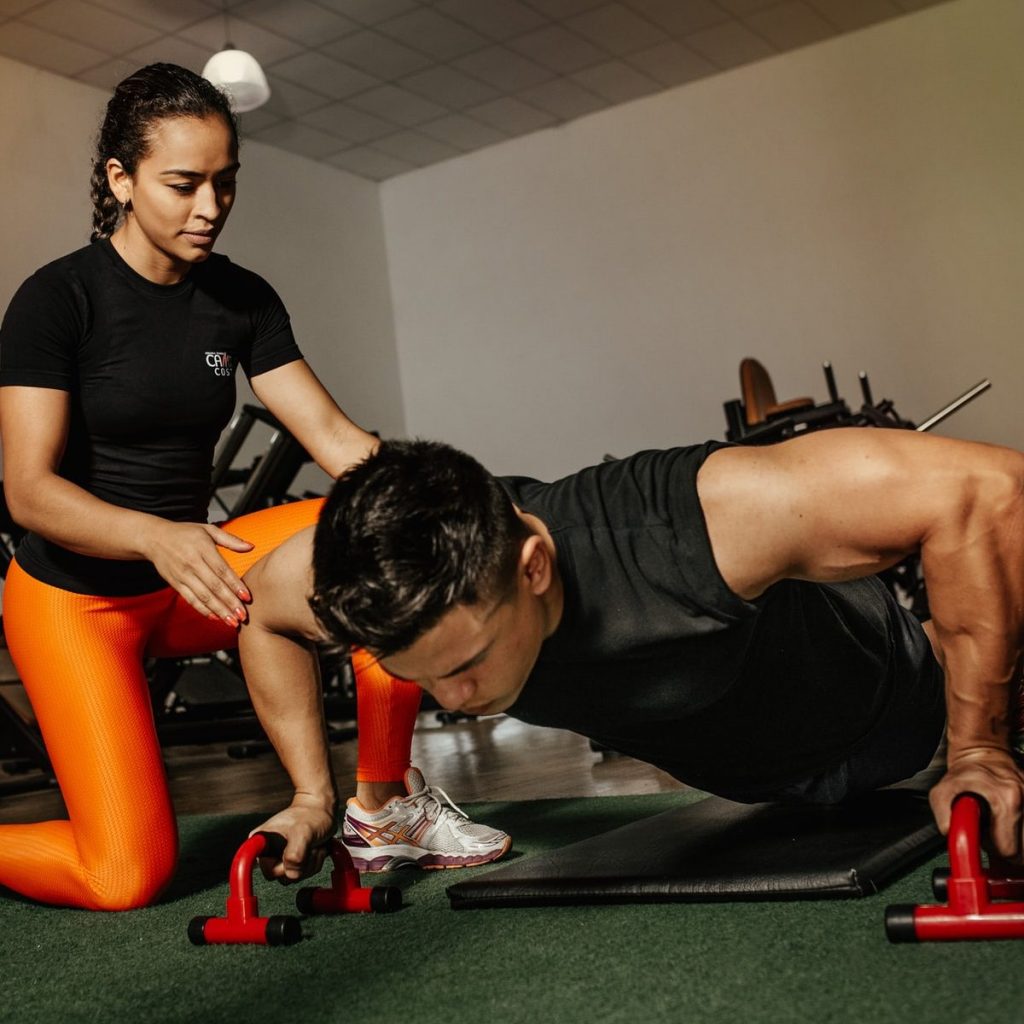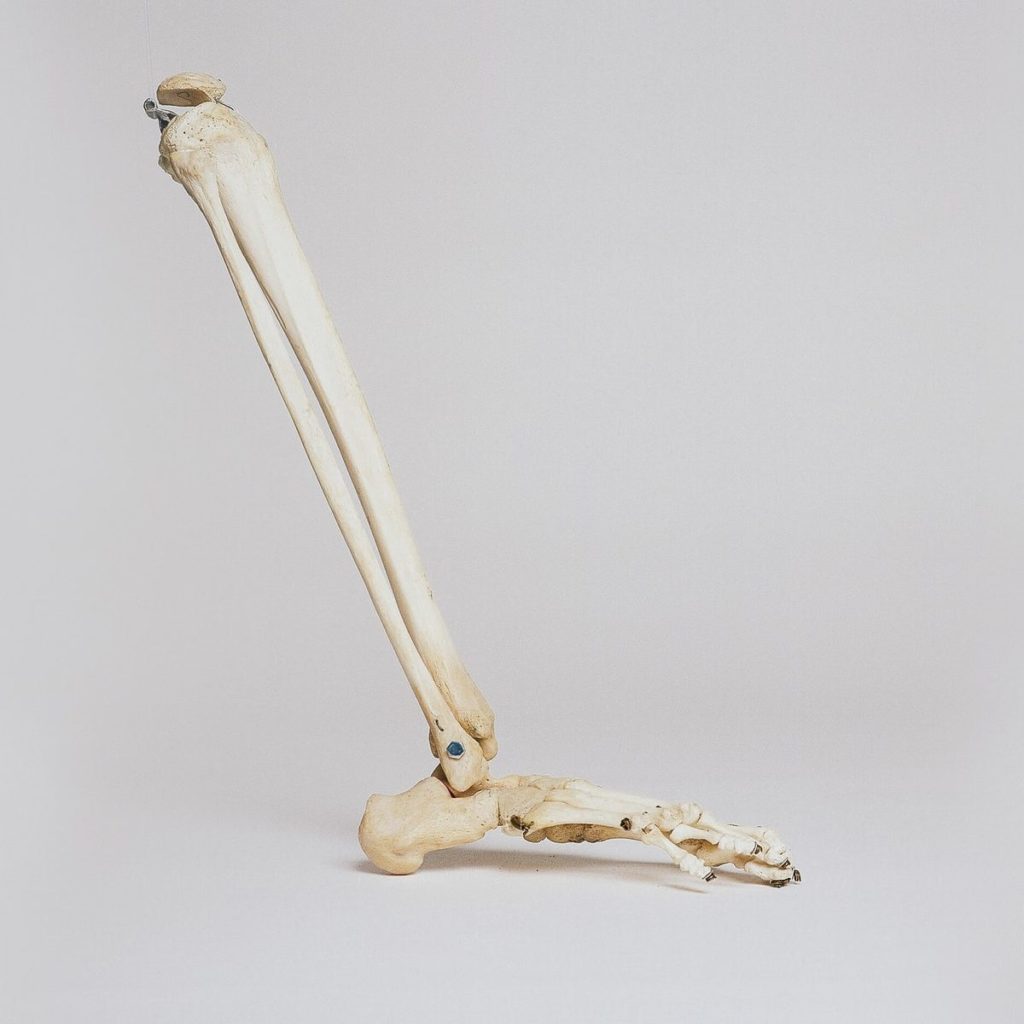




Scientific studies
8+
Scientific studies
51
Professional medical researchers
7+
Universities
Scientific studies
Collagen

In this study, collagen was examined as a dietary sport supplement, and the results are clear: those who supplemented their training and diet with collagen built up more lean muscle mass without increasing their total body fat than the control group.
This indicates a more effective process of building healthy muscle fibres through collagen.

Collagen not only supports the build-up of healthy muscle fibres, but also provides more muscle mass.
This study examined the muscle mass composition of men who supplemented their training by taking collagen compared to a control group who didn’t. The result: collagen provides a significantly more pronounced increase in lean muscle mass and strength.

Collagen also provides women with amazing results during exercise.
This scientific study showed that women who supplement their workout program and diet with collagen not only build more lean muscle mass, but also burn significantly more fat.
They also significantly increase their muscle strength, especially in their arms and legs.

Osteoporosis is the most common bone disease at an advanced age, with 80% of those affected being women after menopause. This study investigated the use of collagen to strengthen bone structure in postmenopausal women.
After 12 months of regular intake of certain collagen peptides, the average 64-year-old showed the exciting result of a strengthened bone structure with overall increased bone formation and reduced bone deterioration.

Chronic pain in the Achilles tendon, such as Achilles tendinopathy, is a common ailment among runners that requires lengthy treatment and rehabilitation. Scientists have studied the effects of collagen on rehabilitation and muscle-building programmes for the lower leg muscle and Achilles tendon. They found that collagen has been shown to accelerate and support the effects of such training programmes and help athletes return to training faster and stronger.

Collagen is also proving to be a powerful weapon in the battle against ageing.
The daily intake of collagen combined with vitamins and bioactive nutrients has been proven to improve skin elasticity, promote healthier joints, and increase wellbeing by supporting cartilage structure.

We all know it: the ever-recurring promise that collagen prevents skin aging.
Thanks to the latest scientific studies, we now know once and for all: taking collagen actually counteracts skin aging by repairing collagen fibers, renewing the skin’s collagen content and improving skin elasticity.
Stimulated antioxidant enzymes, which act as the skin’s defense mechanism against cell damage, play a major role in this process.

